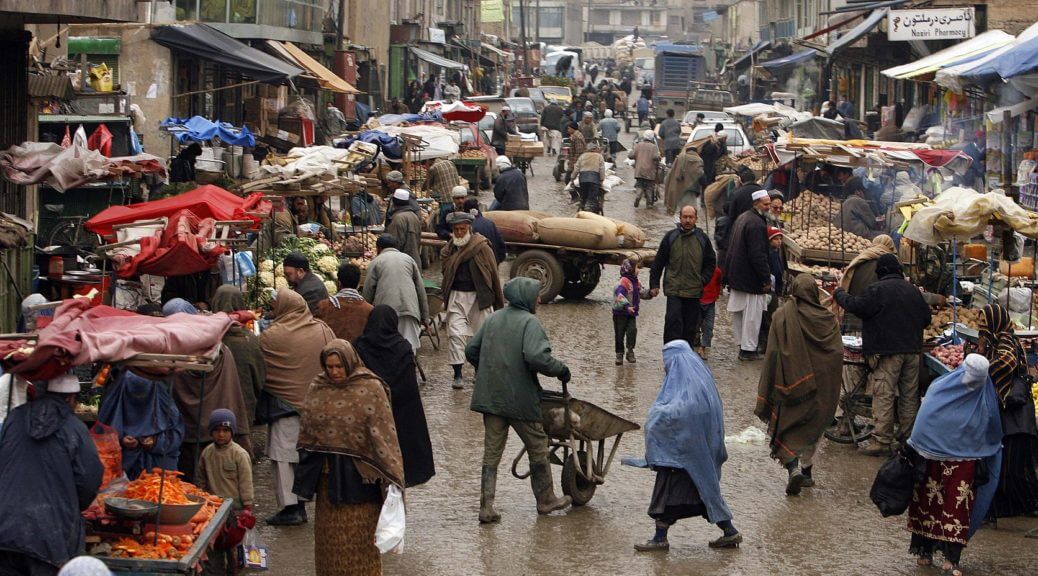
Tooday’s guest is Jennifer Murtazashvili of the University of Pittsburgh. We discuss her book, Informal Order and the State in Afghanistan.
Despite vast efforts to build the state, profound political order in rural Afghanistan is maintained by self-governing, customary organizations. Informal Order and the State in Afghanistan explores the rules governing these organizations to explain why they can provide public goods. Instead of withering during decades of conflict, customary authority adapted to become more responsive and deliberative. Drawing on hundreds of interviews and observations from dozens of villages across Afghanistan, and statistical analysis of nationally representative surveys, Jennifer Brick Murtazashvili demonstrates that such authority enhances citizen support for democracy, enabling the rule of law by providing citizens with a bulwark of defence against predatory state officials. Contrary to conventional wisdom, it shows that ‘traditional’ order does not impede the development of the state because even the most independent-minded communities see a need for a central government – but question its effectiveness when it attempts to rule them directly and without substantive consultation.
Our conversation dives deep into the modern history of Afghanistan, including its 1978 communist revolution and subsequent Soviet invasion.
Subscribe to Economics Detective Radio on iTunes, Android, or Stitcher.
The post Informal Order and the State in Afghanistan with Jennifer Murtazashvili appeared first on The Economics Detective.



